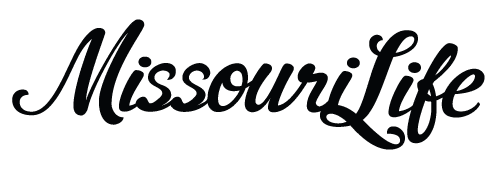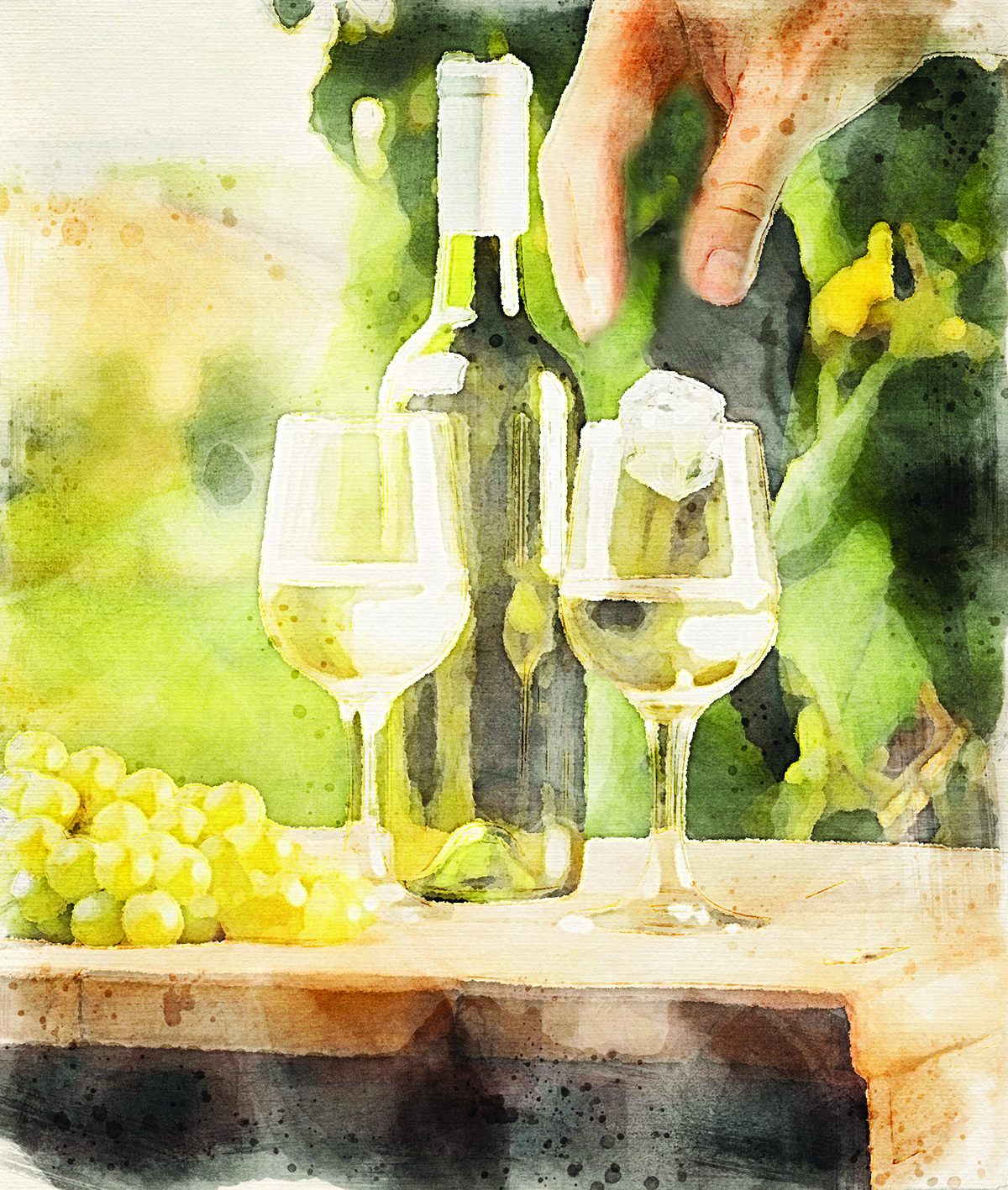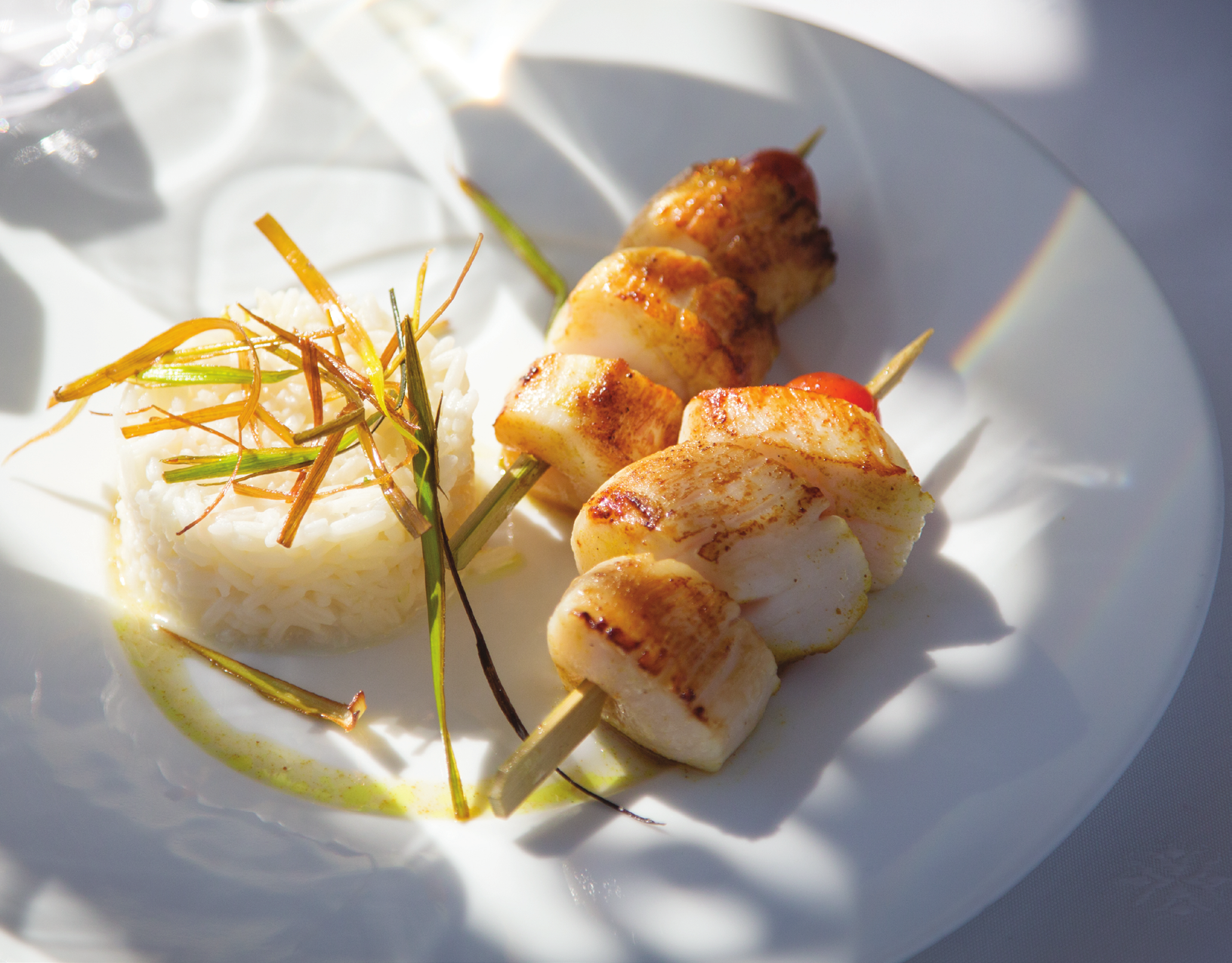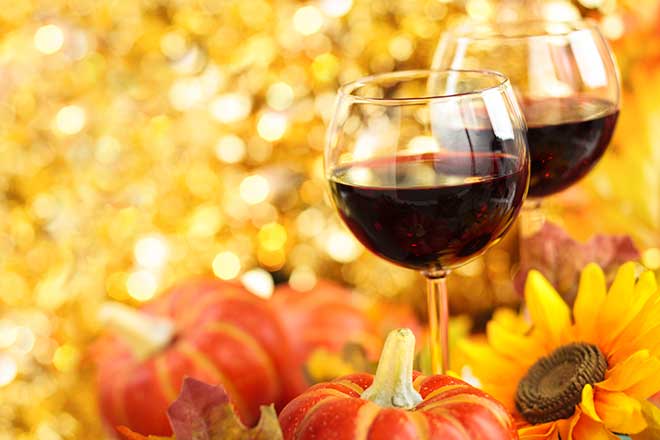Missouri Life columnist, Doug Frost knows something about adding a sparkling Missouri wine to your holiday table. Read how “sparklers” came to be and why Missouri has some really good sparkling wine for you to serve at your next celebration.
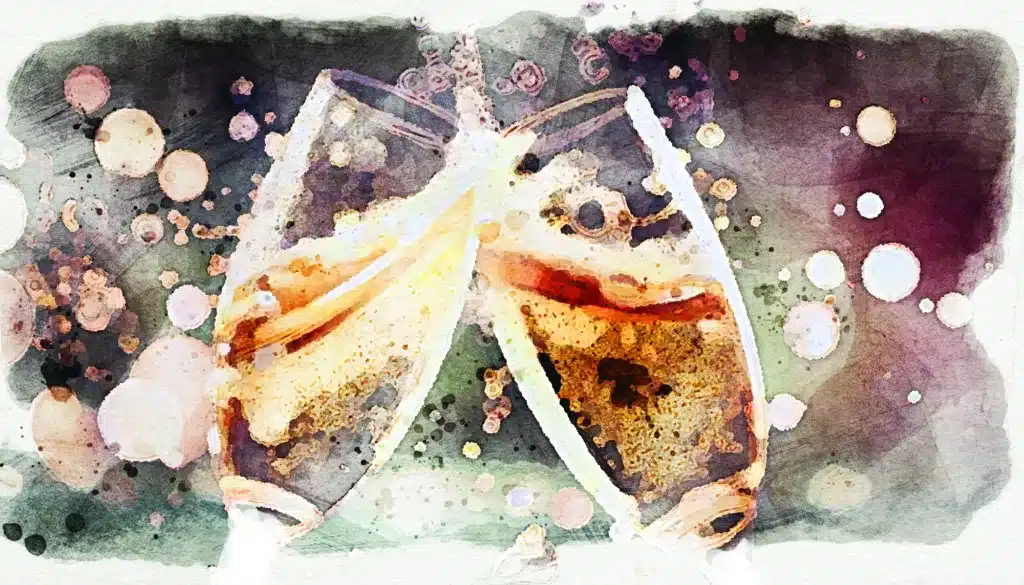
By Doug Fros
“COME QUICKLY! I’M DRINKING STARS!”
These are the words Father (Dom) Pierre Perignon was reported to have exclaimed when he “discovered” Champagne. Except the story is all nonsense. Nothing of the sort happened, we can safely say. Why?
Because Pierre Perignon made it clear to those who worked with him at the Abbey of Hautvillers in the late 17th century that wine with bubbles was flawed wine, and the Abbey of Hautvillers did not make or sell flawed wine.
Not exactly the story the marketers of Champagne or Dom Perignon want you to know, but there it is. Like so many stories surrounding alcoholic beverages, the Mad Men put a spin on a tale (or just made something up out of whole cloth in Perignon’s case) and it was somehow forever enshrined.
Take the Manhattan cocktail. We’re told it was invented in 1874 for a Manhattan Club party for Jennie Churchill—created and forever a classic, all in honor of the eminently important Churchills. Small detail: Jennie was giving birth to Winston in that year, and she wasn’t in Manhattan at all. But never let the truth get in the way of a good story, as Mark Twain was supposed to have said (but here, again, we don’t actually have proof of him saying that).
It gets a little dicey trying to suss out where these drinks come from. That shouldn’t surprise us. Getting a straight story out of folks who’ve been drinking is a questionable endeavor. And we’ll never know who invented sparkling wine because there was no need to invent it. Fermentation (when yeast converts sugar to alcohol) causes the formation of carbon dioxide bubbles that liven up your beer and tickle your nose. They’re a natural byproduct of fermentation. Until the advent of filtration—something practiced off and on for centuries but only perfected in the 19th century—all wine that went into a bottle might have some bub- bles in it (hence Perignon’s complaining, perfectionist attitude toward those bubbles).
We know that another French Abbey, this time in the southern town of Limoux, was purposefully creating sparkling wine back in the 16th century. In this case, it appears the wine was sold with some yeasts in the bottle, rather like a bottle-conditioned beer, so bubbles were in the wine deliberately. Interestingly, that style of winemaking has reappeared in the guise of Pet-Nat wines. Some Missouri wineries are offering those. Eureka’s Claverach Winery was the first out of the gate.
So, why is Champagne always sparkling? Why is it the wine of celebration? In truth, a little bit of Champagne is made without bubbles, but most is fully frothy. It earned its celebratory role because the
Champagne region was the site of the coronation of French kings and was often the battleground where matters like who gets to be king were settled. It’s hard to imagine a true party, especially during the holidays, without a pop of the cork and a glass of the fizzy stuff.
Surprisingly, America’s first truly successful winery was the Cincinnati Wine Company in the 1830s. Their product? A sparkling Catawba wine. There are still a few of those around in Missouri, and they’re quite tasty. But if you prefer a drier style bubbly, you’ll be pleased to discover that Missouri’s dry sparklers are better than ever. Those wines deserve your attention and, in truth (no marketing bull, I promise), you deserve a glass of Missouri sparkling wine too.
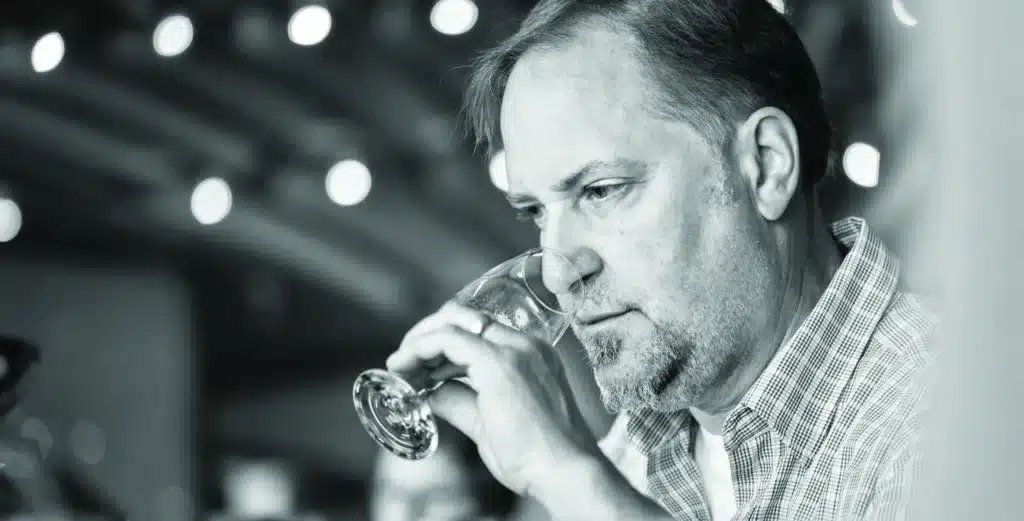
MO BUBBLIES FOR YOUR TABLE
Eagle’s Landing Rosalia Pet-Nat
Hermannhof Brut Reserve
Les Bourgeois Brut
Mount Pleasant Brut Imperial
St. James Sparkling Blackberry
Stone Hill Blanc de Blancs
Put some Missouri wine in your holiday punch. Find the recipe here.
Article originally published in the November/December 2023 issue of Missouri Life.
Related Posts
Ice in Wine is Just Fine!
Missouri Life wine columnist Doug Frost lets us know that chilling down wine with ice is just fine. Temperature affects flavor and wine that is too warm just does not taste good. So drop a few cubes in your favorite wine and enjoy.
Fancy Scallops Made Easy
Preparing scallops may seem like a challenge. This recipe makes a stunning dish you can easily create and serve. The smoky bacon and the full bodied seasonings bring out the sweetness of the scallops. Make this dish for your next special occasion.
WINE DOG: Take pride in Missouri’s wine
Regional pride is real; I share it. I take perverse pleasure in correcting people who assume that I live in some coastal wine mecca. I often mention my experiences when I give talks around the world about the wine market.
